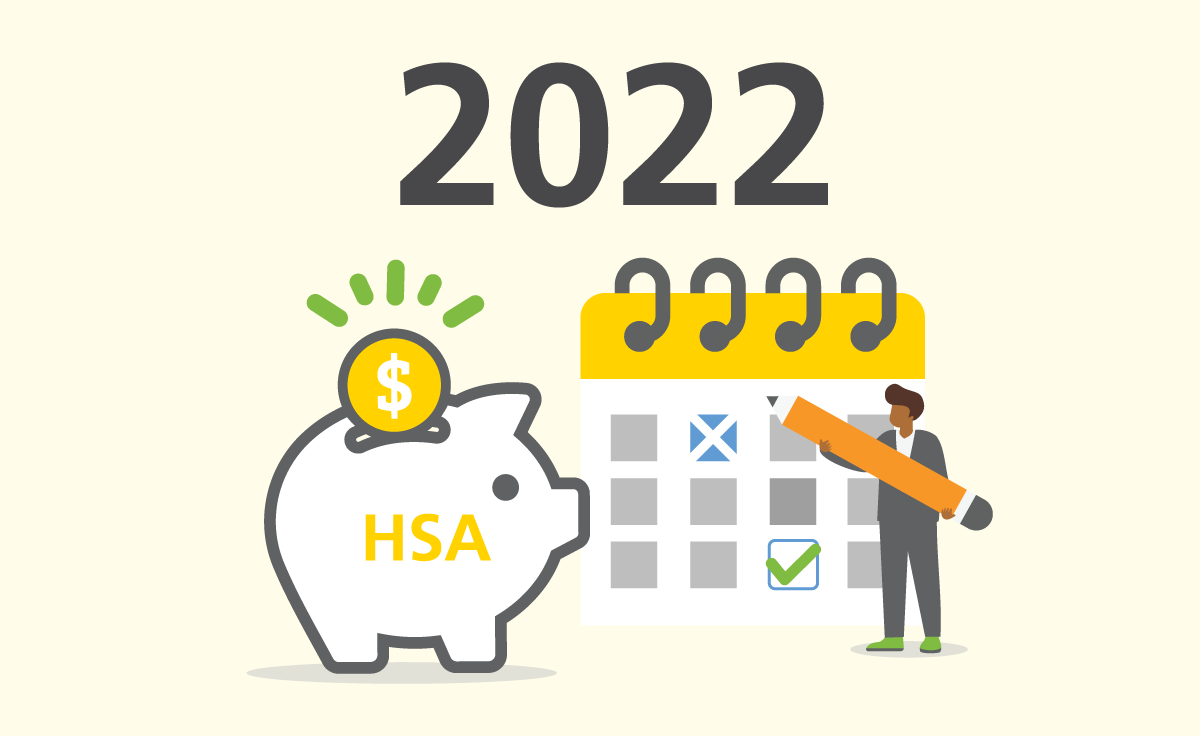
For 2022, the maximum annual HSA contribution is $3,650 for single coverage and $7,300 for family coverage.
The 2022 health savings account (HSA) guidelines were recently released by the Internal Revenue Service (IRS).
These guidelines outline the inflation-adjusted contribution, deductible, and out-of-pocket spending limits for Health Savings Accounts (HSAs) and high-deductible health plans (HDHPs) for calendar year 2022.
Except for the annual contribution limit for self-only coverage, which increased from $3,600 in 2021 to $3,650 in 2022.
These limits are updated annually and reflect cost-of-living adjustments.
2022 HSA catch-up contributions (age 55 or older)
- $1,000 (no change from 2020)
2022 Maximum out-of-pocket limitations for HSA eligibility:
- $7,050 for individual coverage
- $14,100 for family coverage
2022 Minimum deductible requirements for HSA eligibility:
- $1,400 for self-only coverage (no change from 2018)
- $2,700 for family coverage (no change from 2018)
2022 HSA contribution limits
- $3,650 for individual coverage (up $50 from 2018)
- $7,300 for family coverage (up $150 from 2018)

Comments
0 comments
Please sign in to leave a comment.